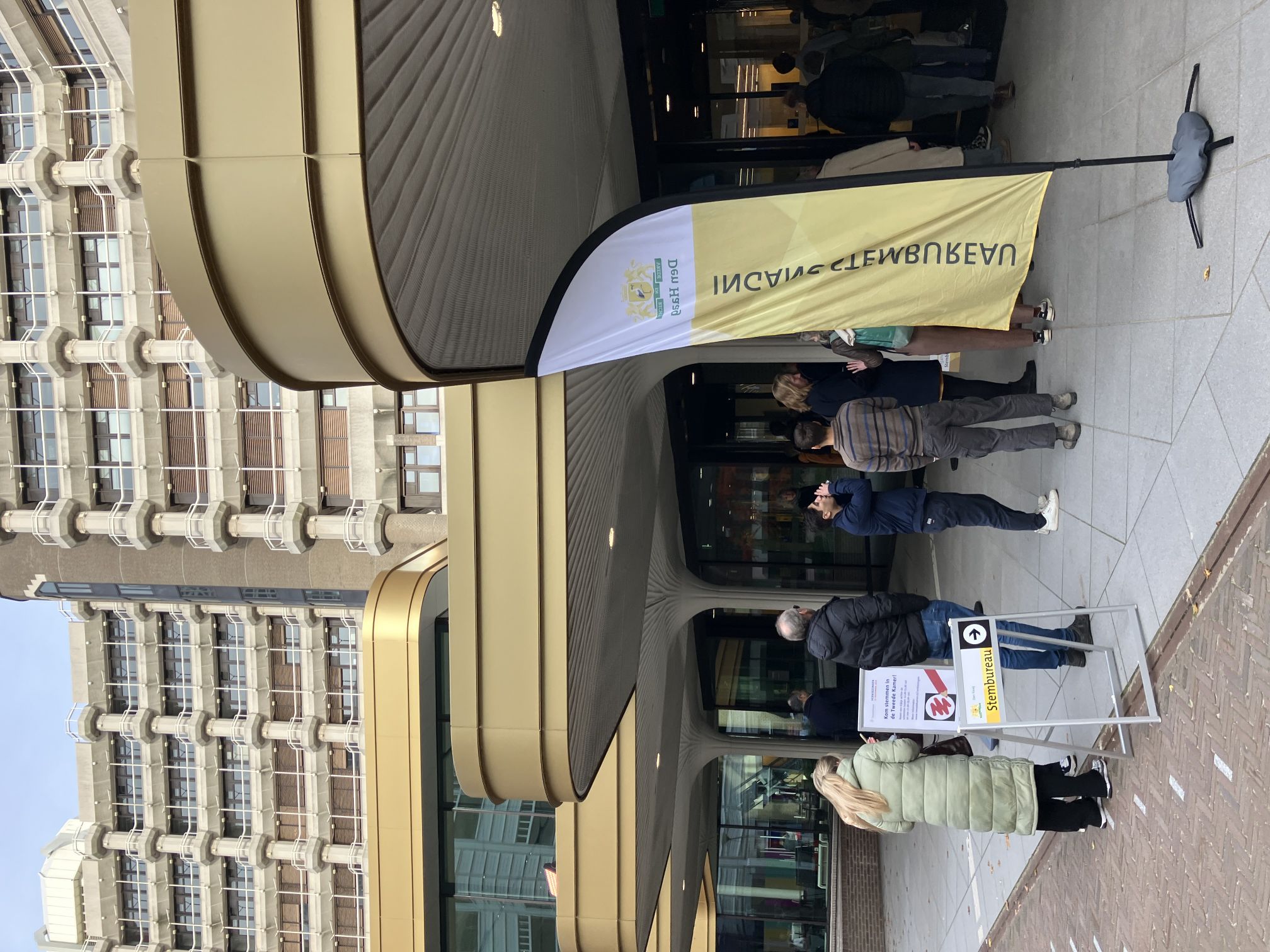De verkiezingen zijn geweest, wat nu? #1
▼ Uitslag van de verkiezingen van 22 november:
- PVV: 37 (+20)
- GroenLinks-PvdA: 25 (+8)
- VVD: 24 (-10)
- NSC: 20
- D66: 9 (-15)
- BBB: 7 (+6)
- En nog negen partijen met 1 - 5 zetels
Vóór de verkiezingen had ik nog hoop dat een minderheidskabinet van GL-PvdA en NSC een optie zou zijn. Maar met deze uitslag zou je dan letterlijk alle partijen links van de VVD nodig hebben voor een meerderheid. De VVD heeft regeren met GL-PvdA al uitgesloten. Dus de enige opties die overblijven zijn over rechts. Bijvoorbeeld:
- PVV, VVD, NSC (meerderheid tweede kamer, weinig stemmen eerste kamer)
- PVV, VVD, NSC, BBB (ruime meerderheid tweede kamer, bijna een meerderheid eerste kamer)
- VVD, NSC, BBB (minderheid)
- PVV (minderheid)
En om alles nog wat lastiger te maken wil de VVD geen ministers en staatssecretarissen leveren voor een regering met de PVV. Terwijl zij de enige partij van de vier zijn met bestuurservaring...
Maar het echte probleem wordt de samenwerking met Wilders. VVD en NSC hulden zich vóór de verkiezingen in ondoorzichtige bewoordingen maar sloten zo'n samenwerking niet uit. De gedachte zal geweest zijn dat Wilders als junior-partner prima is om links buiten de deur te houden, maar VVD en NSC staan niet te springen om zelf de juniorpartners te worden.
Het lijkt erop dat Omtzigt nu al bij voorbaat eist dat Wilders zijn onrechtstatelijke standpunten afzweert en hij en zijn fractie zich weerhouden van uitspraken en acties ten koste van de partners. En laat dat nu Wilder's favoriete manier zijn om zijn kiezers op te poken.
Als Wilders zelf minister-president wil worden raakt hij zijn (ijzeren) grip op de fractie kwijt. Als hij in de kamer blijft dan zal hij zich moeten verhouden tot een groep ministers (waaronder de premier) die ook andere verantwoordelijkheden hebben dat de partij-politieke. Als hij al mensen kan vinden.
Maar het lastigst wordt het geld. Wilders' plannen vallen allemaal in de categorie gratis bier: het kost verschrikkelijk veel geld maar behalve wat voor de hand liggende zaken als ontwikkelingshulp afschaffen geen flauw idee waar het van betaald moet worden. VVD en NSC zullen toch wel een minimum aan begrotingsdiscipline willen hebben, en het gaat nu blijken dat de VVD wel heel alleen staat met opkomen voor lage belastingen voor bedrijven en vermogenden.
Wachten dus hoe lang iedereen zich verplicht voelt door te modderen voor er op de knop van de schietstoel gedrukt wordt. Na een aantal valse starts kan ergens in het voorjaar serieus nagedacht worden over nieuwe verkiezingen.
Permalink - posted 2023-12-04



